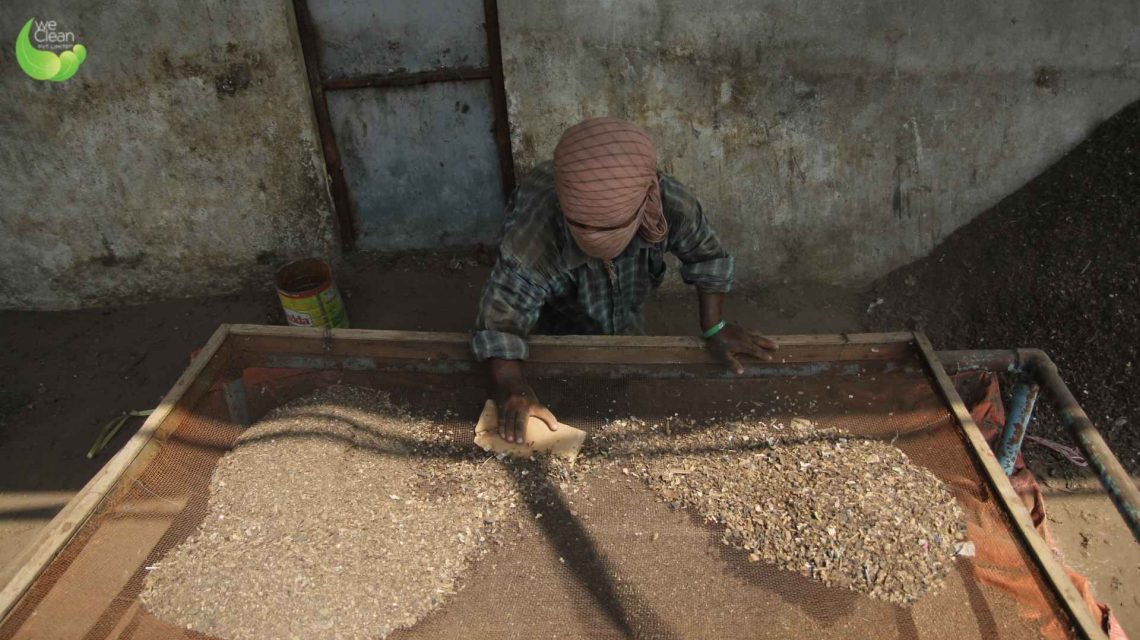What is Composting?
Composting is the natural process of breaking down organic waste materials, such as food scraps and yard waste, into nutrient-rich soil known as compost. This sustainable practice is essential in waste management as it reduces the amount of waste sent to landfills while providing a renewable resource to enrich soil and promote plant growth.
How WeClean Handles Composting
At WeClean, we prioritize sustainability by turning organic waste into valuable compost. Using advanced composting techniques, we collect kitchen scraps, green waste, and other biodegradable materials, which are then processed and decomposed in controlled environments. Our compost not only supports sustainable agriculture but also contributes to a greener, healthier planet.
Key Elements of Composting
Effective composting includes the right balance of:
- Green Waste: Rich in nitrogen (e.g., food scraps, grass clippings).
- Brown Waste: High in carbon (e.g., dead leaves, branches).
- Water: Necessary to maintain the right moisture levels.
- Oxygen: Ensures aerobic decomposition and prevents foul odors.
These four components work together to speed up the decomposition process, creating nutrient-dense compost.
Composting as a Solution for Waste Management
Composting helps divert significant amounts of organic waste from landfills, reducing the production of methane, a potent greenhouse gas. Instead of letting organic matter rot in landfills, composting transforms it into a valuable resource that helps enrich soil and promote sustainable agriculture. Cities around the world, including San Francisco, have successfully integrated composting programs as a central part of their waste management strategies, showcasing its potential for widespread environmental impact.
How We Can Benefit from Composting
- Sustainable Agriculture: Compost improves soil structure, retains moisture, and adds nutrients, reducing the need for chemical fertilizers.
- Waste Reduction: By composting organic waste, we decrease the amount of waste sent to landfills.
- Cost Savings: Composting reduces disposal costs and can be a cost-effective solution for soil improvement in home gardens and farms.
Environmental Benefits of Composting
Composting plays a significant role in combating climate change by minimizing methane emissions from landfills and enhancing soil’s ability to sequester carbon. It fosters biodiversity by improving soil health, leading to healthier plants, which in turn support a more diverse ecosystem. According to NRDC, composting is a vital tool in reducing the overall carbon footprint of waste disposal.
Conclusion: Composting with WeClean
At WeClean, we are committed to sustainable waste management through effective composting. Our process ensures that organic waste is repurposed into high-quality compost, supporting greener farming practices and reducing landfill waste. Join us in making composting a part of the solution for a more sustainable future.


